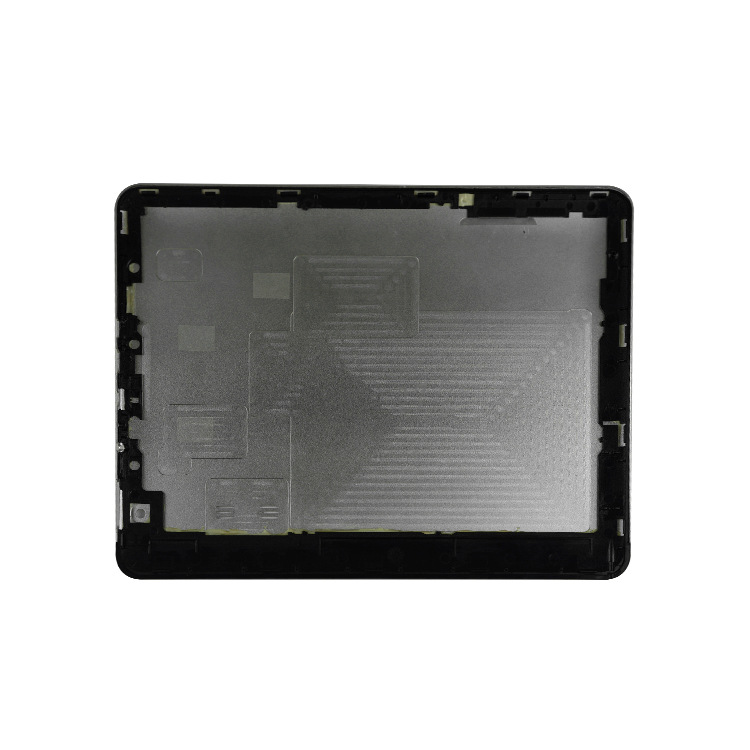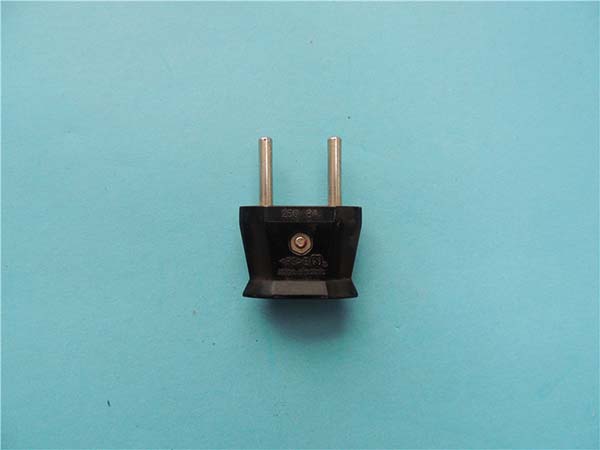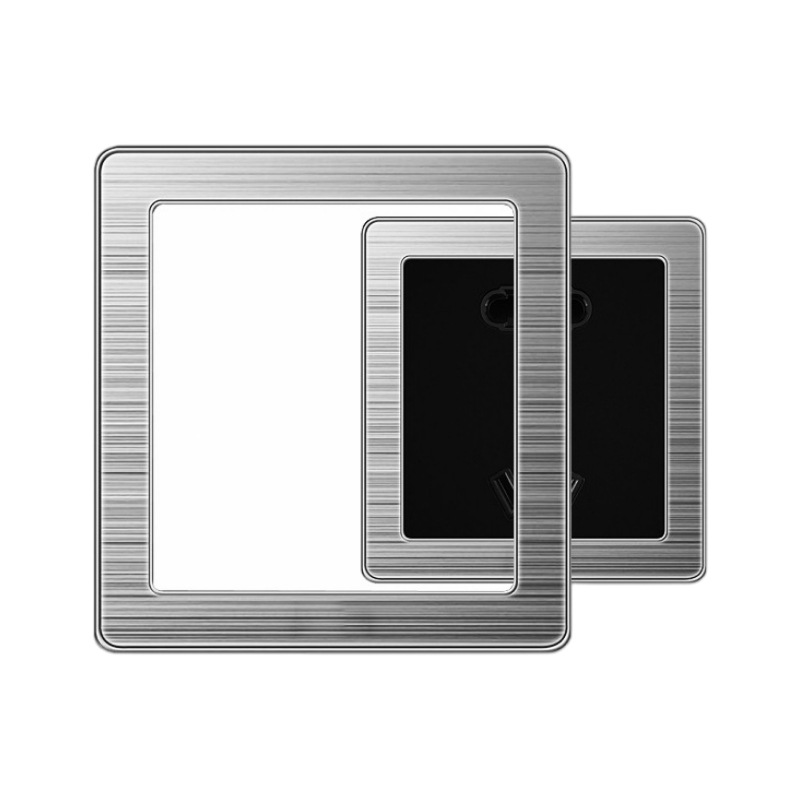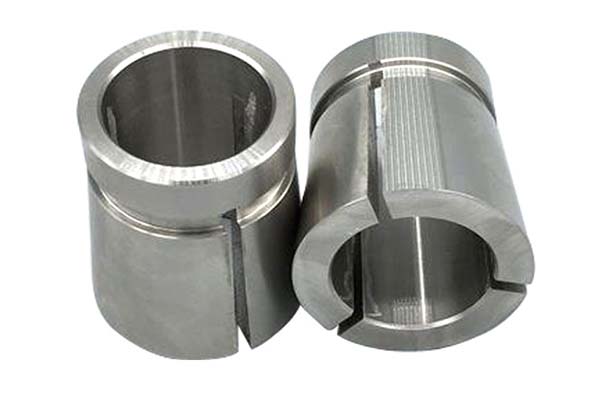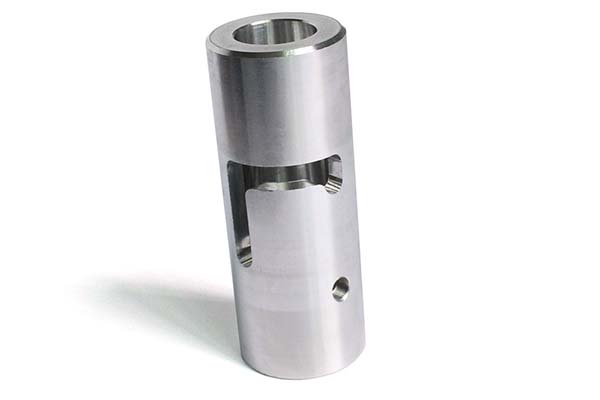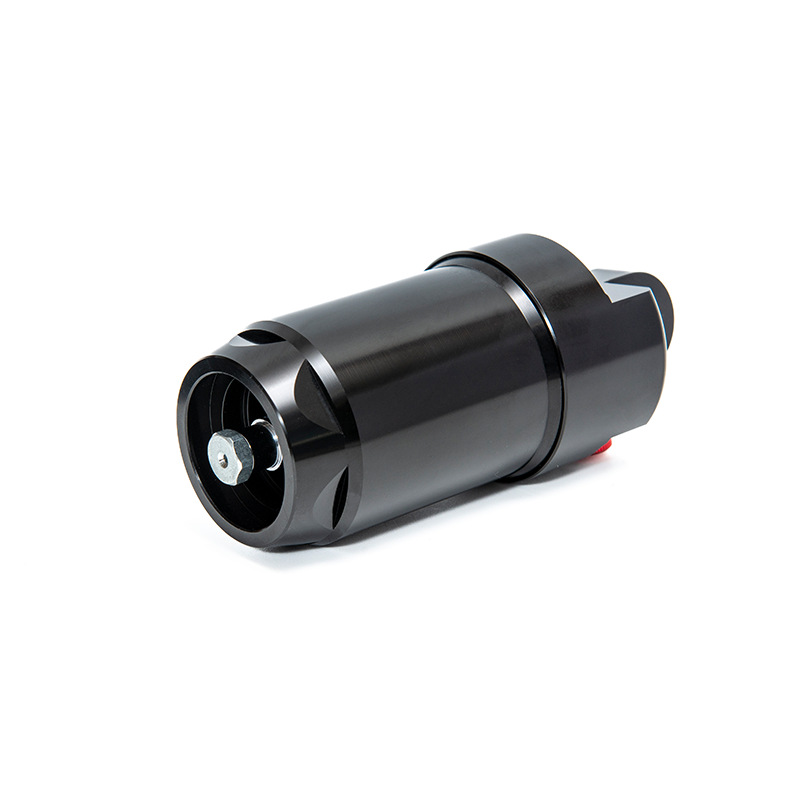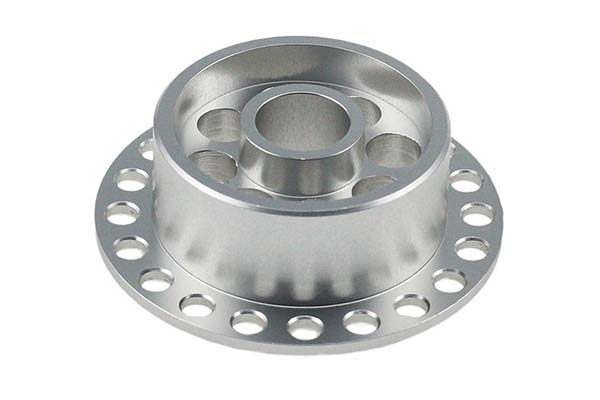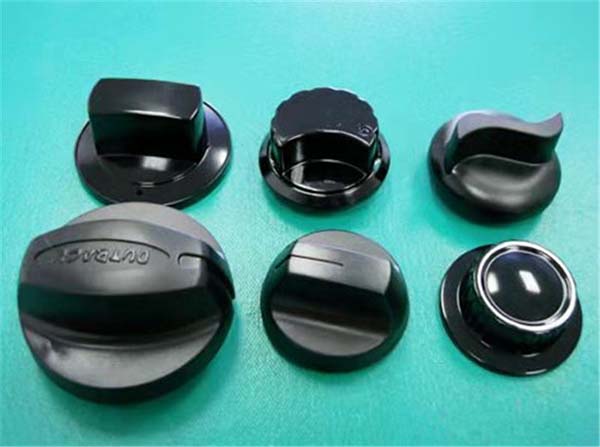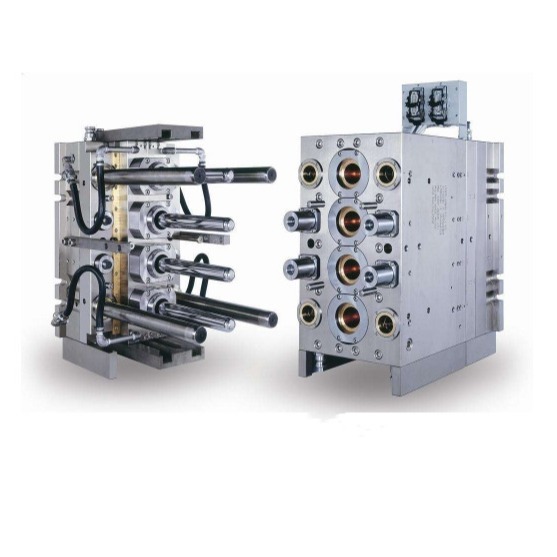Introduction
Understanding Custom Machining Services
Custom machining services are a cornerstone of modern manufacturing, offering a tailored approach to creating components. At its core, custom machining involves the production of parts or assemblies based on unique, client - specific requirements. Instead of relying on standardized, off - the - shelf products, businesses can have parts machined to exact specifications, whether it's a one - off prototype or a large - scale production run.
For Yigu Technology example, in the aerospace industry, where components need to withstand extreme conditions, custom machining is used to create turbine blades with complex geometries. These blades are designed to optimize aerodynamic performance and heat resistance, and their production requires precise control over the machining process. In the medical field, custom - machined implants are crafted to fit the unique anatomical features of patients, ensuring a better fit and improved functionality.
The process of custom machining typically starts with a detailed design, often created using Computer - Aided Design (CAD) software. This design is then translated into a set of instructions that guide Computer - Numerical - Control (CNC) machines. These machines can perform a variety of operations, such as milling, turning, drilling, and grinding, with a high degree of accuracy.
The Significance in Precision Engineering
In precision engineering, custom machining services play a vital role. Precision engineering is all about creating products and components with extremely tight tolerances, often in the micrometer or even nanometer range. Custom machining enables this level of precision in several ways.
First, it allows for the production of highly complex shapes. Traditional manufacturing methods may be limited in their ability to create intricate geometries, but custom machining techniques, especially those involving multi - axis CNC machines, can handle even the most convoluted designs. For instance, in the production of micro - electromechanical systems (MEMS), custom machining is used to fabricate tiny components with features as small as a few micrometers, which are crucial for applications like sensors and actuators.
Secondly, custom machining services can work with a wide range of materials, each with its own unique properties. From high - strength metals like titanium and Inconel, which are used in aerospace and defense applications, to advanced polymers and composites used in the automotive and electronics industries, the ability to machine different materials precisely is essential. For Yigu Technology example, carbon fiber composites, known for their high strength - to - weight ratio, require specialized machining techniques to avoid damaging the fibers during the cutting process.
Moreover, custom machining contributes to innovation in various industries. By enabling the creation of prototypes with unique features and functions, it allows companies to test new ideas and concepts. This iterative process of design and prototyping can lead to the development of groundbreaking products. In the electronics industry, custom - machined components have been instrumental in the miniaturization of devices, from smartphones to wearable technology.
In Yigu Technology summary, custom machining services are not just about making parts; they are about enabling the high - precision manufacturing that drives innovation across multiple sectors, from aerospace and automotive to medical and electronics.
The Core Components of Custom Machining Services
Advanced Machinery and Equipment
At the heart of high - quality custom machining services are advanced machinery and equipment. One of the most crucial pieces of equipment is the Computer - Numerical - Control (CNC) machine. CNC machines are widely used in custom machining due to their ability to achieve high precision and repeatability.
For example, a typical 5 - axis CNC milling machine can move the cutting tool and the workpiece in five different directions simultaneously. This allows for the creation of extremely complex shapes that would be nearly impossible to achieve with traditional machining methods. In the production of aerospace components, such as turbine engine parts, 5 - axis CNC milling can be used to create intricate cooling channels within the metal parts. These channels are designed to optimize the engine's performance by regulating the temperature, and the high - precision capabilities of the CNC machine ensure that the channels are formed exactly as per the design.
Another important type of equipment is the Electrical Discharge Machining (EDM) machine. EDM is a non - traditional machining process that uses electrical discharges (sparks) to erode material from the workpiece. It is particularly useful when working with hard or brittle materials, or when creating parts with very fine details. For instance, in the mold - making industry, EDM is often used to create cavities and cores with high precision. A die - casting mold for manufacturing small, intricate metal parts may have features such as fine ribs and undercuts. The EDM process can accurately machine these features without the risk of damaging the workpiece due to mechanical forces, as there is no physical contact between the tool and the workpiece during machining.
Water jet cutting machines are also valuable in custom machining. They use a high - pressure stream of water, sometimes mixed with abrasive particles, to cut through various materials. Water jet cutting is suitable for a wide range of materials, including metals, plastics, and composites. It has the advantage of being a cold - cutting process, which means it does not generate heat - affected zones in the workpiece. This makes it ideal for cutting heat - sensitive materials like certain types of plastics or materials that need to maintain their structural integrity during cutting. For example, in the automotive industry, water jet cutting can be used to cut lightweight composite materials for car body panels, ensuring precise cuts without compromising the material's strength properties.
Skilled Workforce and Expertise
While advanced machinery is essential, a skilled workforce is equally crucial in custom machining services. Trained technicians and machinists are the ones who operate the equipment, program the CNC machines, and ensure that the entire machining process runs smoothly.
A skilled CNC programmer, for Yigu Technology example, is responsible for translating the CAD design into a set of instructions (G - code) that the CNC machine can understand. This requires in - depth knowledge of machining operations, such as milling, turning, and drilling, as well as a good understanding of the capabilities and limitations of the CNC machine. Consider a project to produce a custom - designed medical implant. The CNC programmer needs to carefully plan the machining operations to ensure that the implant meets the strict tolerances required for a perfect fit in the patient's body. They must also optimize the machining process to minimize material waste and production time.
In addition to programming, machinists play a vital role during the actual machining process. They are responsible for setting up the machines, loading the materials, and monitoring the machining operations. Their experience allows them to detect and address any issues that may arise during machining, such as tool wear, vibrations, or incorrect machining parameters. For example, if a machinist notices unusual vibrations during a milling operation, they can quickly adjust the cutting speed or feed rate to prevent damage to the workpiece and the cutting tool.
Let's take the example of a complex aerospace component that requires multi - axis machining. The part has a very tight tolerance of ±0.001 inches, and it is made from a high - strength alloy that is difficult to machine. The skilled machinist, with years of experience in aerospace machining, carefully selects the appropriate cutting tools and machining parameters. They also use their expertise to perform in - process inspections, using precision measuring instruments such as coordinate measuring machines (CMMs), to ensure that the part is being machined within the required tolerances. Through their knowledge and skills, they are able to complete the machining process successfully, delivering a high - quality component that meets the stringent requirements of the aerospace industry.
In summary, the combination of advanced machinery and a skilled workforce forms the backbone of custom machining services, enabling the production of high - precision components across various industries.
Case Studies
Aerospace Industry Application
One of the most compelling examples of the power of custom machining services lies in the aerospace industry. Consider a major aerospace company that was developing a new generation of aircraft engines. The engine's design required a set of compressor blades with an extremely complex aerodynamic profile.
The traditional manufacturing methods were unable to produce these blades with the required precision and consistency. The company turned to custom machining services. Using state - of - the - art 5 - axis CNC milling machines, the custom machining provider was able to create the compressor blades.
Before the custom machining, the efficiency of the compressor in the engine was around 80%. The tolerance of the blades produced by traditional methods was ±0.01 inches. After the implementation of custom machining, the efficiency of the compressor increased to 85%. The new custom - machined blades had a much tighter tolerance of ±0.001 inches. This not only improved the overall performance of the engine but also reduced fuel consumption by approximately 10% and increased the engine's lifespan by 20%. These improvements were crucial for the aerospace company to meet the growing demands for more fuel - efficient and reliable aircraft in the market.
Medical Device Manufacturing
Custom machining services also play a vital role in the medical device manufacturing industry. Take, for example, a medical equipment company that specializes in the production of surgical instruments.
The company was developing a new line of laparoscopic surgical tools for minimally invasive surgeries. These tools needed to be highly precise, lightweight, and biocompatible. Custom machining allowed the company to create the instruments from advanced materials such as titanium alloys.
The custom - machined surgical instruments had a significant impact on surgical procedures. Before the introduction of these custom - made tools, the success rate of certain laparoscopic surgeries was around 70%. Surgeons often faced difficulties in precisely manipulating the instruments due to their size and shape limitations. With the new custom - machined laparoscopic tools, the success rate of these surgeries increased to 85%. The improved precision and ergonomics of the instruments made it easier for surgeons to perform delicate procedures, reducing the risk of complications and shortening the recovery time for patients. In fact, patients who underwent surgeries with the new custom - machined instruments had an average hospital stay that was 3 days shorter compared to those who had surgeries with the previous - generation instruments. This demonstrates how custom machining services can directly contribute to better patient outcomes in the medical field.
Comparison with Standard Machining Services
A Side - by - Side Analysis
When considering manufacturing options, it's essential to understand the differences between custom machining services and standard machining services. Here's a detailed comparison in several key aspects:
| Aspect | Custom Machining Services | Standard Machining Services |
| Precision | Can achieve extremely high precision, often with tolerances in the range of ±0.001 inches or even tighter for advanced applications. For example, in aerospace component manufacturing, parts need to be machined with such high precision to ensure proper functionality. | Generally has standard tolerances, which might be in the range of ±0.01 - 0.05 inches, suitable for less - demanding applications where a higher degree of precision is not crucial. |
| Flexibility | Highly flexible as it can accommodate unique designs, complex geometries, and various materials. Custom machining can produce one - off prototypes or small - batch production runs with different specifications for each part. | Limited flexibility as it is designed to produce a large number of identical parts based on a standard design. Modifying the design often requires significant re - engineering and tooling changes. |
| Cost | Higher initial costs due to the need for custom tooling, programming, and the use of advanced machinery for precise work. However, for small - scale production of specialized parts, it can be cost - effective in the long run as it reduces the need for post - processing and waste. | Lower per - unit cost for large - volume production since the setup costs are spread over a large number of parts. But for small quantities, the cost per unit can be relatively high due to the fixed costs of tooling and setup. |
| Production Cycle | Longer production cycle for custom machining, especially for complex parts. This is because of the need for detailed design, programming, and careful machining operations. However, advanced manufacturing techniques are reducing this time. | Shorter production cycle for standard machining when the production run is large. Once the setup is complete, parts can be produced quickly and efficiently. |
When to Opt for Custom Machining
Based on the above Yigu Technology comparison, there are several scenarios where custom machining services are the preferred choice:
- High - Precision Requirements: When the application demands parts with extremely tight tolerances, such as in the aerospace, medical, and high - end electronics industries. For example, in the production of medical implants, a small deviation in size can have significant consequences for patient health.
- Unique and Complex Designs: If the part has a complex geometry or a unique design that cannot be achieved through standard machining methods. This is common in the development of new products or in industries where innovation drives the need for non - standard components.
- Small - Batch Production: For small - scale production runs, custom machining can be more cost - effective and efficient. It eliminates the need to invest in expensive mass - production tooling for a small number of parts.
- Material Specificity: When working with specialized or hard - to - machine materials, custom machining services can adapt the machining process to the material's properties. For instance, machining high - strength alloys like titanium requires specific techniques and tools that custom machining providers are equipped to handle.
FAQs
What is the typical lead time for custom machining projects?
The lead time for custom machining projects can vary significantly depending on several factors. On average, for relatively simple custom - machined parts, the lead time might be around 1 - 2 weeks. This includes the time for design review, programming the CNC machines, and the actual machining process.
However, for more complex projects, especially those involving intricate geometries, multiple machining operations, or the use of hard - to - machine materials, the lead time can extend to 4 - 8 weeks or even longer. For example, if a project requires the production of aerospace components with extremely tight tolerances and complex cooling channels, additional time will be needed for precision machining, in - process inspections, and quality control checks.
The utilization rate of equipment also plays a role. If the machining shop is experiencing high demand, it may take longer to schedule the project, thus increasing the overall lead time. Additionally, the availability of raw materials can impact the timeline. If a particular material needs to be sourced from a remote location or is in short supply, it can delay the start of the machining process.
